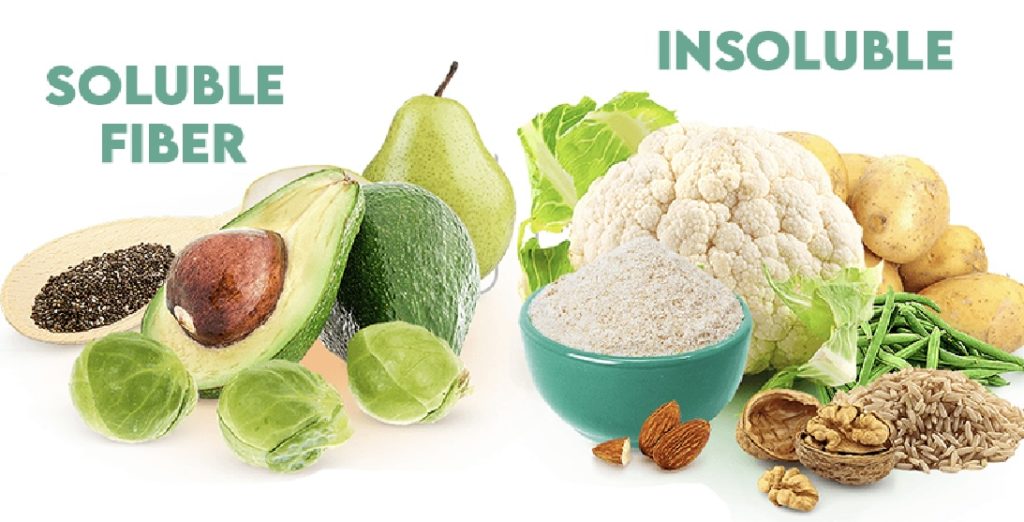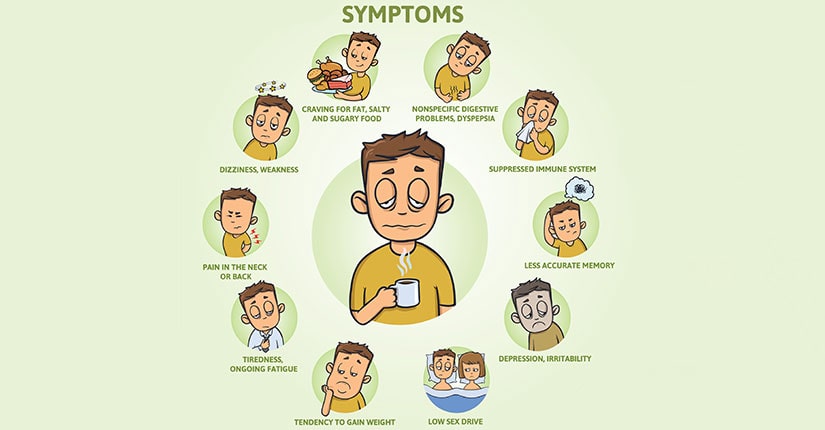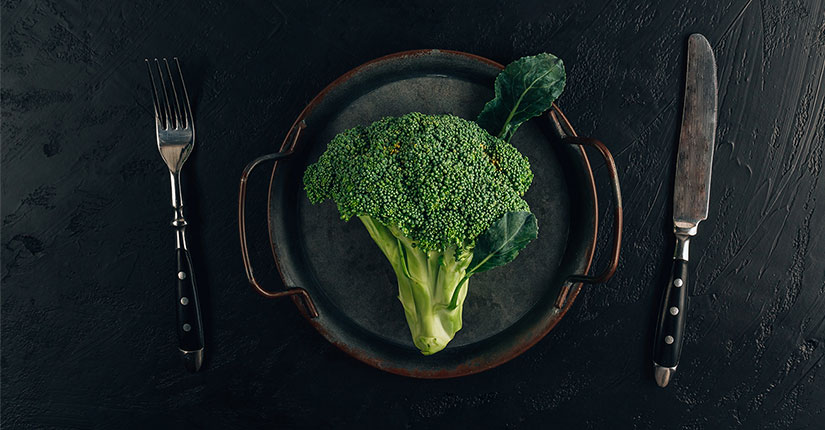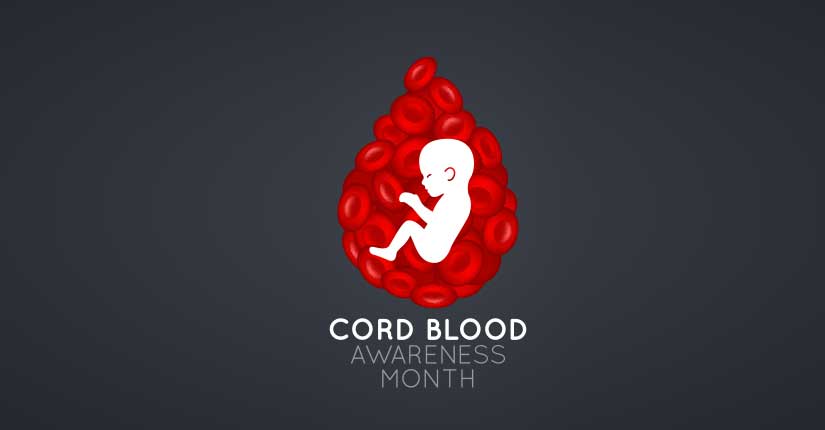3 Things to keep in mind about insoluble and soluble fiber.
By Nmami Agarwal 06-Jul 2023 Reading Time: 6 Mins

Introduction:
Dietary fiber is essential to a healthy diet, providing numerous benefits for our digestive system and overall well-being. Within the realm of fiber, there are two key types to consider: insoluble and soluble. While both are important for maintaining good digestive health, they possess distinct characteristics and play different bodily roles. Understanding the differences between insoluble and soluble fiber is crucial for making informed dietary choices and reaping their respective benefits.
- Functions and Sources:
- Soluble fiber dissolves in water, forming a gel-like substance in the digestive tract.
- It slows down digestion, promotes a feeling of fullness, and helps regulate blood sugar levels.
- Good sources of soluble fiber include fruits (such as apples, oranges, and berries), vegetables (like carrots and Brussels sprouts), legumes, oats, and barley.
- Insoluble fiber does not dissolve in water and adds bulk to the stool.
- It promotes regular bowel movements, prevents constipation, and can help prevent digestive disorders like diverticulosis.
- Whole grains (e.g., wheat bran, brown rice, and whole wheat bread) and vegetables (such as broccoli, cauliflower, and kale) are rich sources of insoluble fiber.
- Impact on Digestive Health:
- Soluble fiber binds with cholesterol in the digestive tract, reducing its absorption and helping to lower cholesterol levels.
- It slows down the absorption of sugars, helping to regulate blood sugar levels and benefiting individuals with diabetes or those at risk of developing the condition.
- Soluble fiber contributes to a feeling of fullness, aiding in weight management.
- Insoluble fiber adds bulk to the stool and softens it, promoting regular bowel movements and preventing constipation.
- It helps maintain a healthy gut environment by supporting the growth of beneficial bacteria in the colon, improving overall gut health, and strengthening the immune system.
- Insoluble fiber relieves digestive discomfort and can prevent certain digestive disorders.
- Importance of a Balanced Diet:
- Many fiber-rich foods contain both insoluble and soluble fiber, emphasizing the need for a balanced diet.
- Whole grains, fruits, and vegetables often contain varying amounts of both types of fiber.
- Consuming a diverse range of fiber-rich foods ensures that you obtain the benefits of both insoluble and soluble fiber.
- Nutritional Adequacy: A balanced diet that includes a variety of fiber-rich foods ensures you receive a wide range of essential nutrients. Insoluble fiber-rich foods, such as whole grains and vegetables, provide vitamins, minerals, and antioxidants that contribute to overall health. Similarly, soluble fiber sources like fruits and legumes offer a wealth of vitamins, minerals, and phytochemicals vital for the body’s optimal functioning.
- Weight Management: A balanced diet incorporating both insoluble and soluble fiber can play a significant role in weight management. Soluble fiber helps promote a feeling of fullness and satiety, reducing the likelihood of overeating and aiding in weight control. Insoluble fiber, by adding bulk to the diet, provides a sense of fullness while counting minimal calories. By including various fiber-rich foods, you can maintain a healthy weight and reduce the risk of obesity-related complications.
- Digestive Health: A balanced diet of insoluble and soluble fiber promotes overall digestive health. Insoluble fiber adds bulk to the stool and helps prevent constipation by facilitating regular bowel movements. On the other hand, soluble fiber helps regulate bowel movements, prevent diarrhea, and maintain a healthy balance in the gut microbiome. A well-balanced intake of both types of fiber supports a healthy digestive system and reduces the risk of digestive disorders.
In conclusion, understanding the functions, sources, and impact of insoluble and soluble fiber is crucial for optimal digestive health. Soluble fiber aids in regulating blood sugar levels, lowering cholesterol, and promoting a feeling of fullness, while insoluble fiber adds bulk to the stool, prevents constipation, and supports regular bowel movements. By incorporating various fiber-rich foods into your diet, you can enjoy the benefits of both fiber types and promote a healthy digestive system.





















